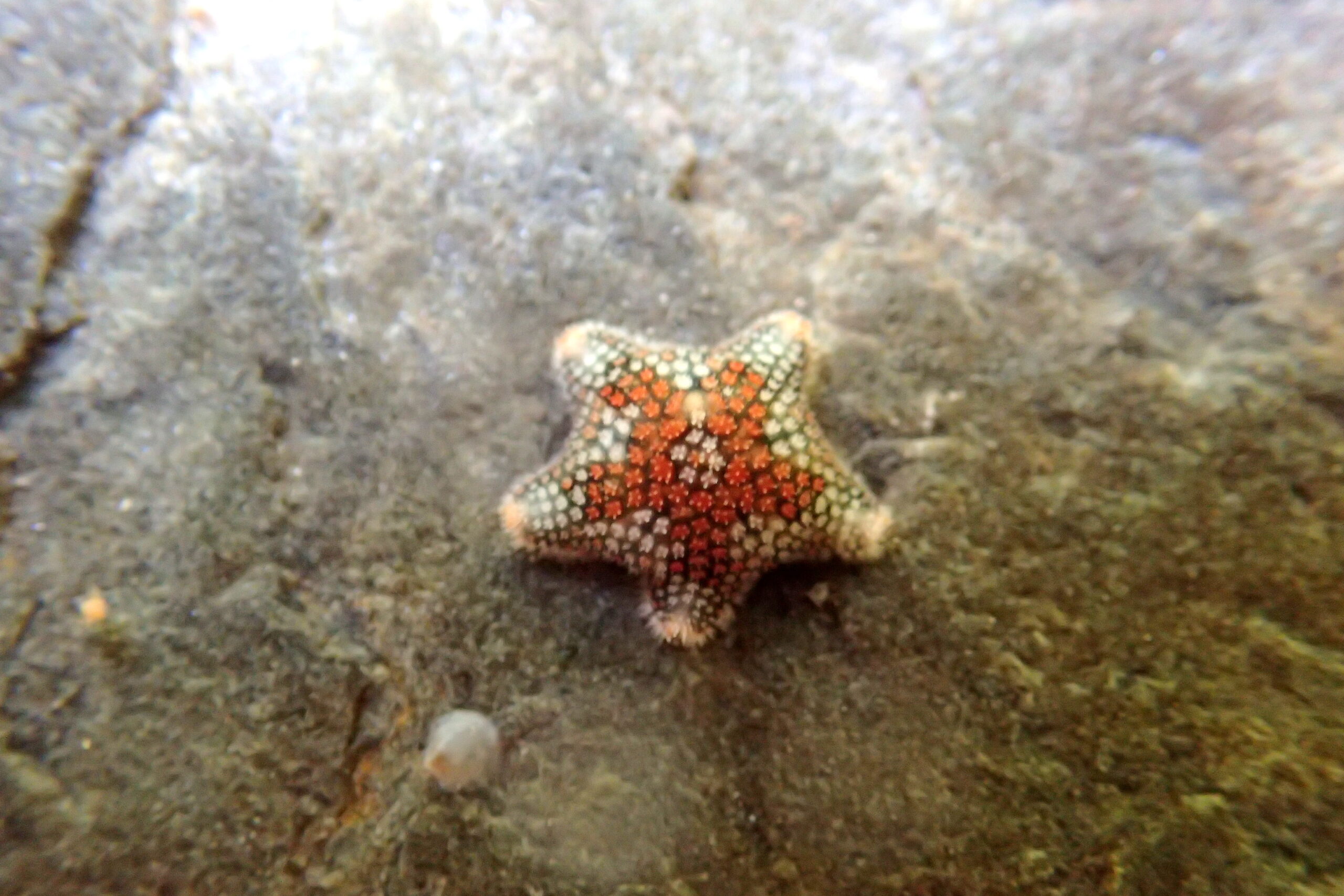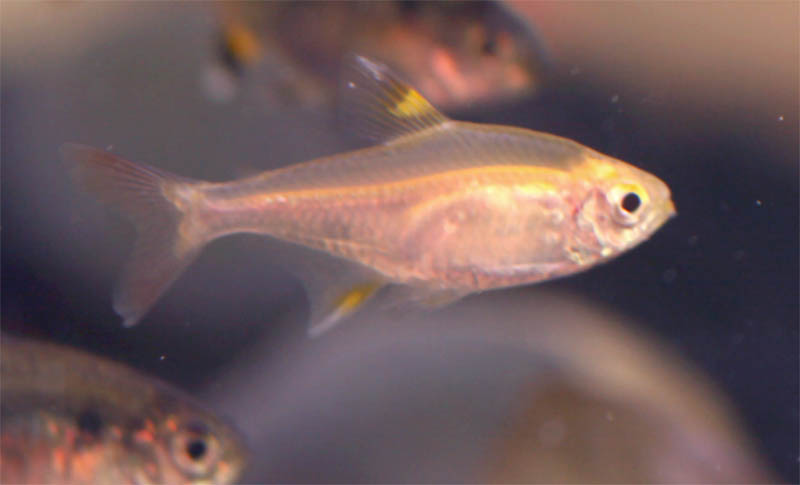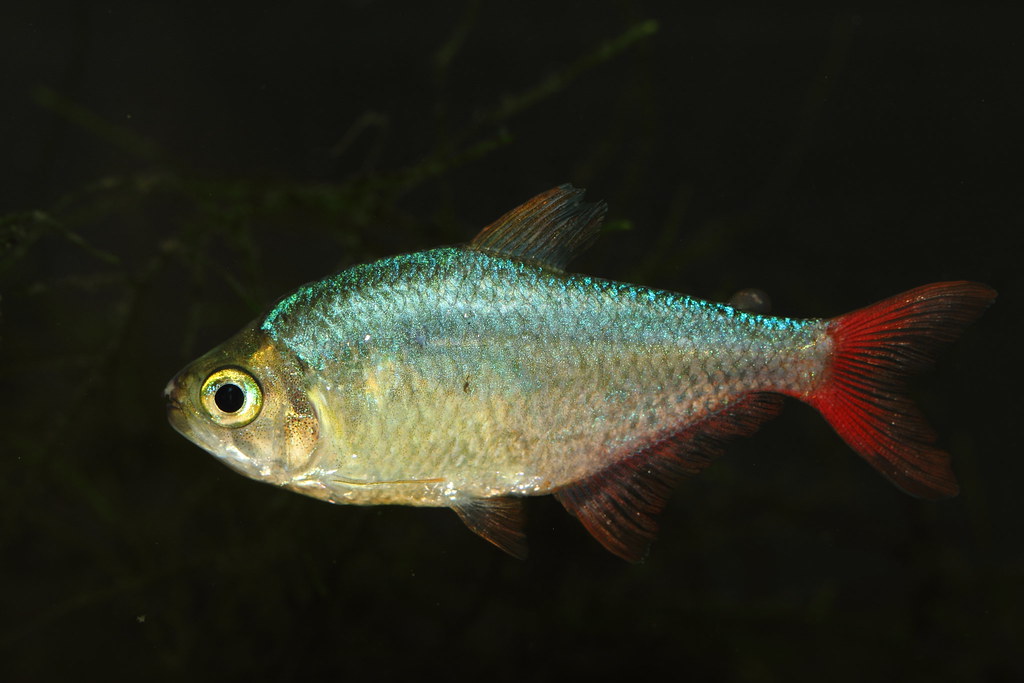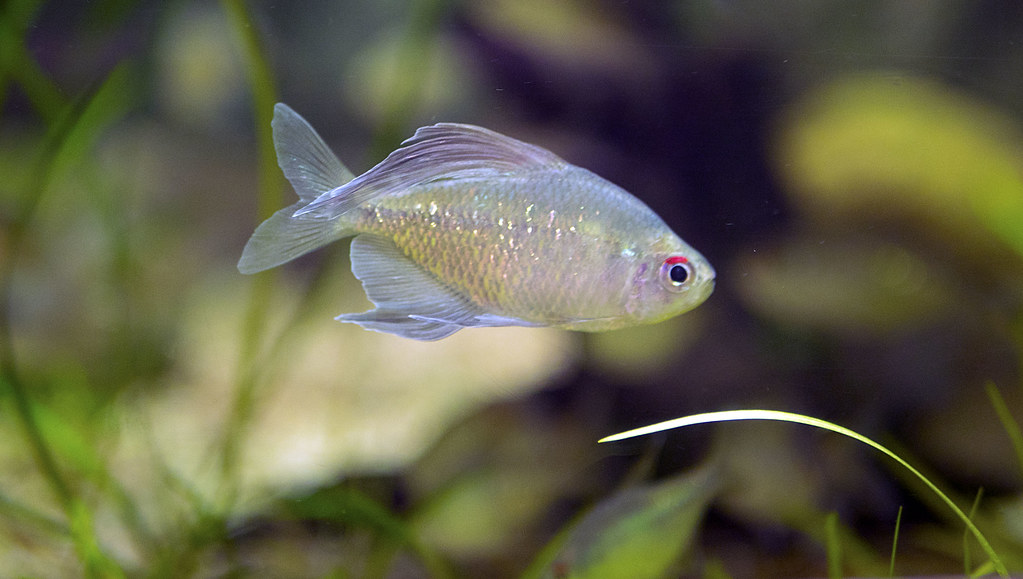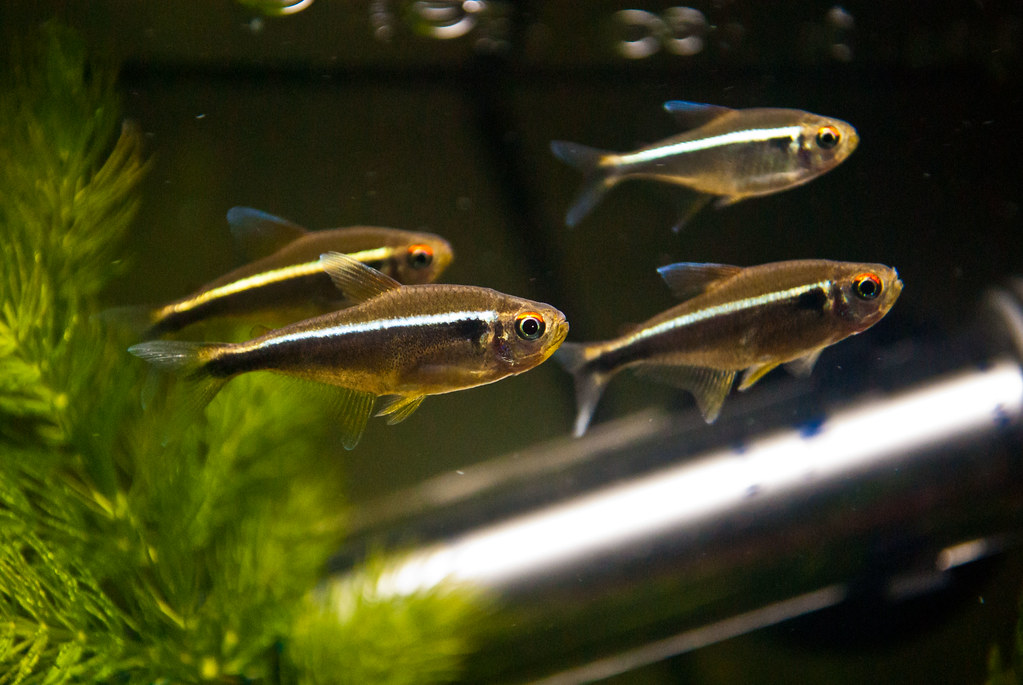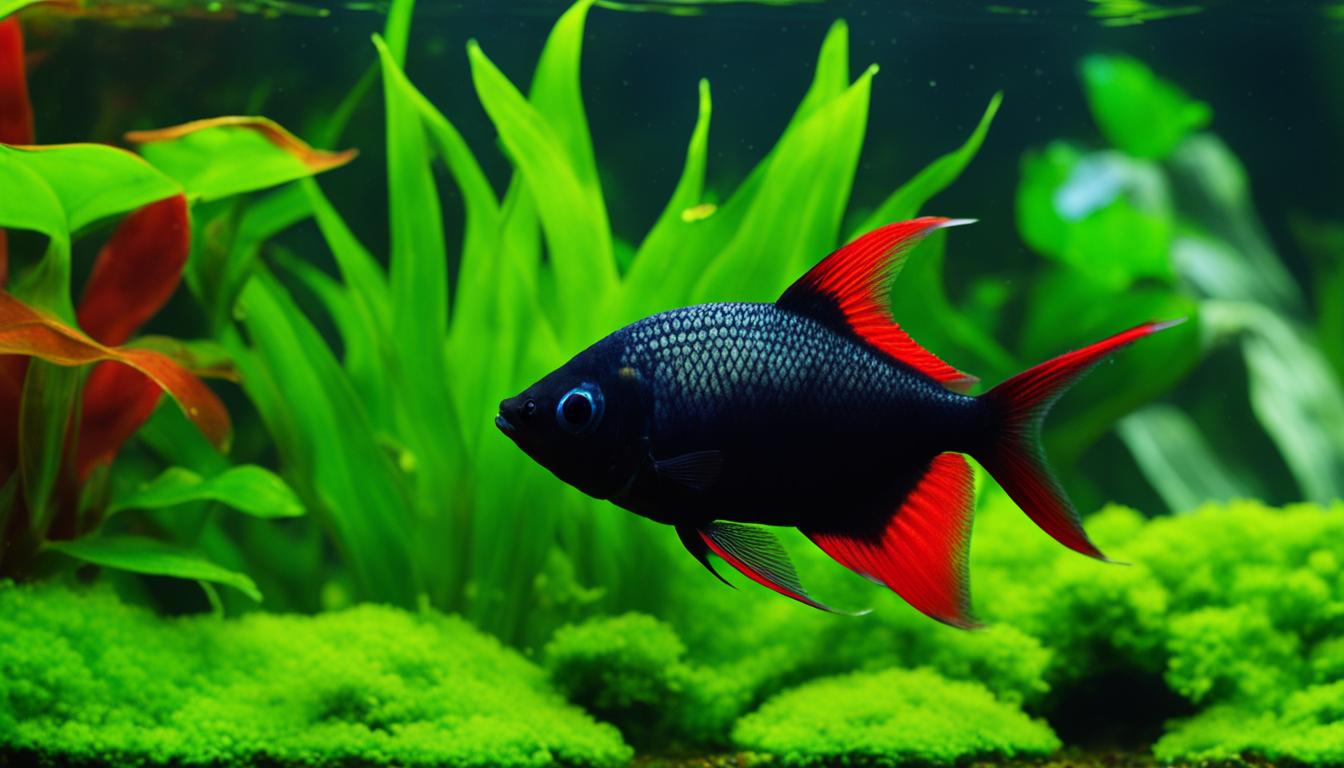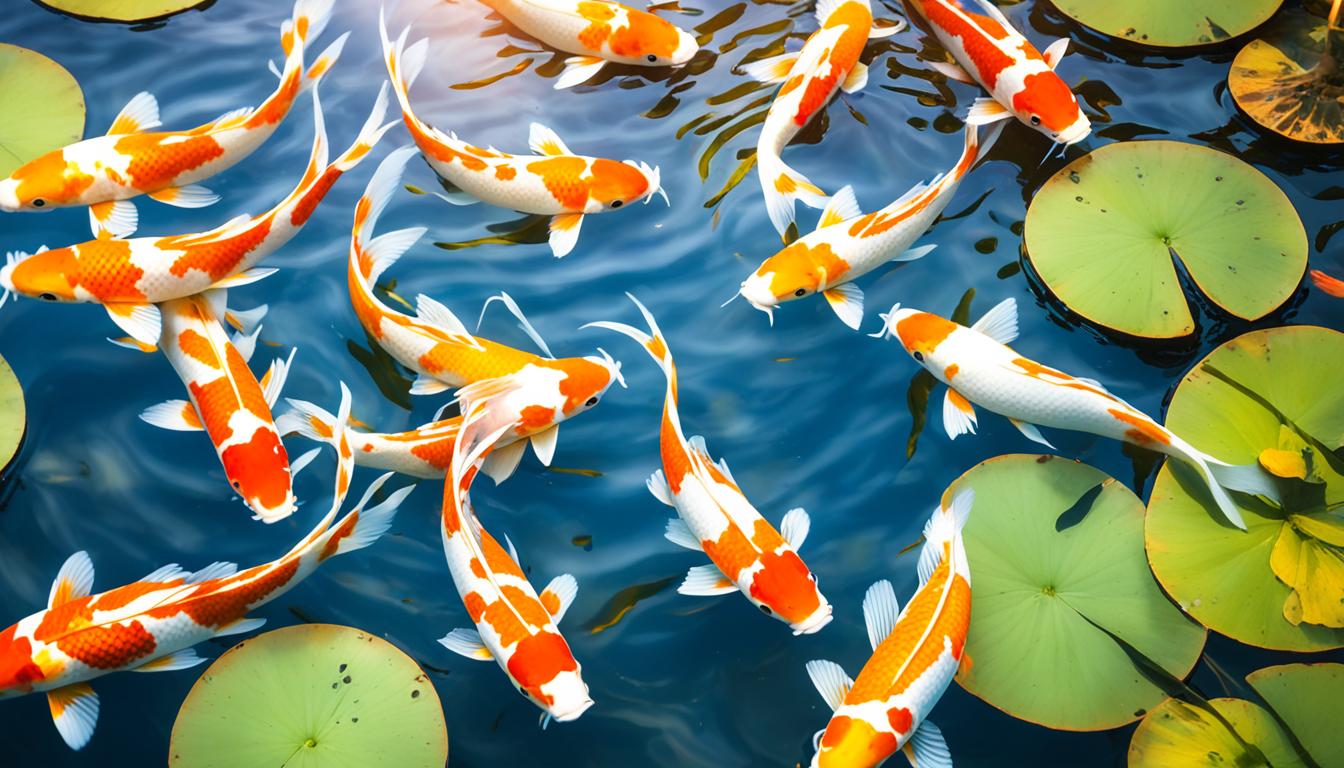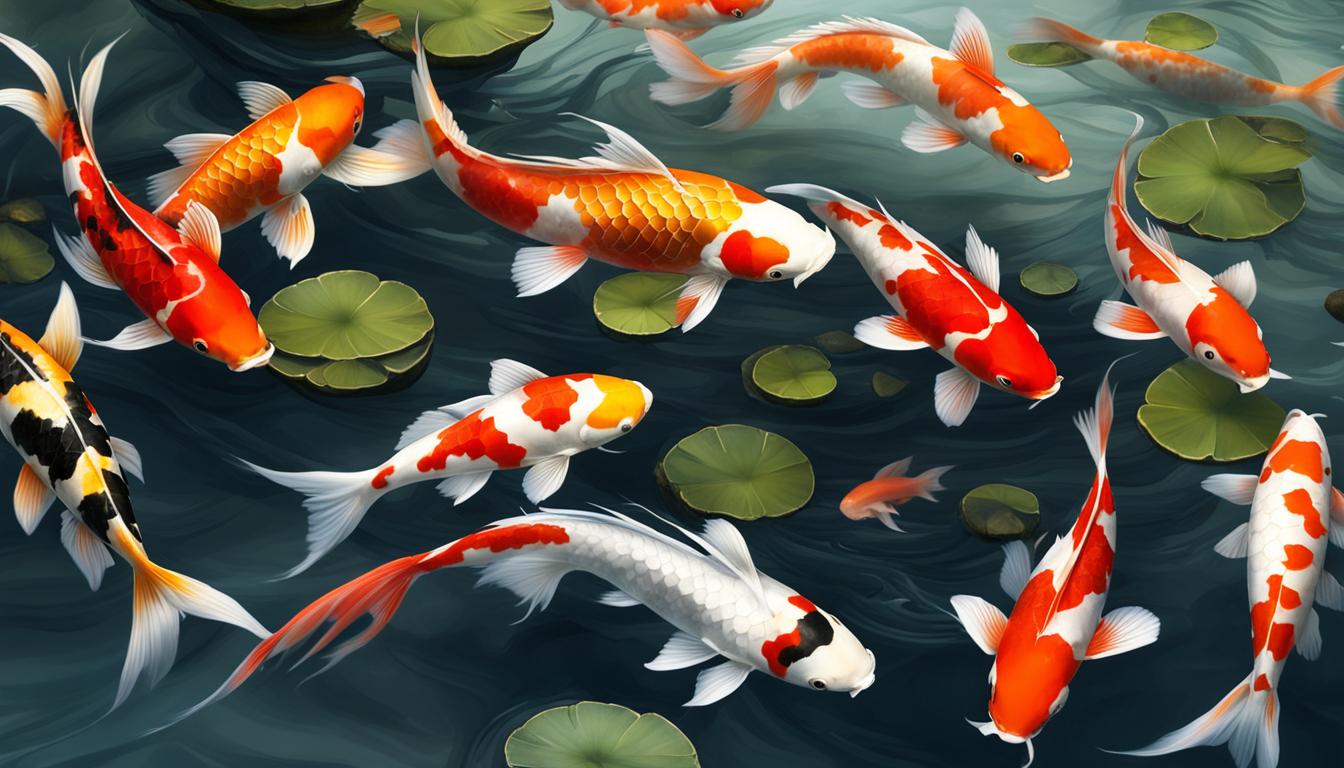What do Asterina Starfish Eat? : Asterina starfish eat algae and other small organisms in saltwater environments during the day. They may also consume coral and coralline algae.
In some cases, certain species of Asterina starfish have been observed eating zoa polyps. These starfish can multiply rapidly and become a nuisance, causing harm to corals and irritating them. It is recommended to take measures to control their population in saltwater aquariums to prevent damage.
Some options include adding a specialized predator like the Harlequin shrimp or manually removing them from the tank. Overall, while Asterina starfish can be beneficial for algae control, they can also pose a threat to coral and should be managed accordingly.
Table of Contents
Surprising Diet Of Asterina Starfish
Asterina starfish have a surprising diet that may astonish you. These starfish, also known as common starfish, have unique feeding behavior and preferences. They are particularly interesting because of their unusual diet. While they primarily eat algae like other starfish, they have been observed consuming coralline algae, polyps, and even irritating corals.
Some species of Asterina starfish have even been known to consume zoa polyps, although this is relatively rare. It is important to note that Asterina starfish can multiply rapidly and become a nuisance if not managed properly. Fortunately, there are methods available to control their population in a saltwater tank.
Overall, understanding the diet of Asterina starfish can help aquarium owners maintain a healthy and balanced ecosystem.
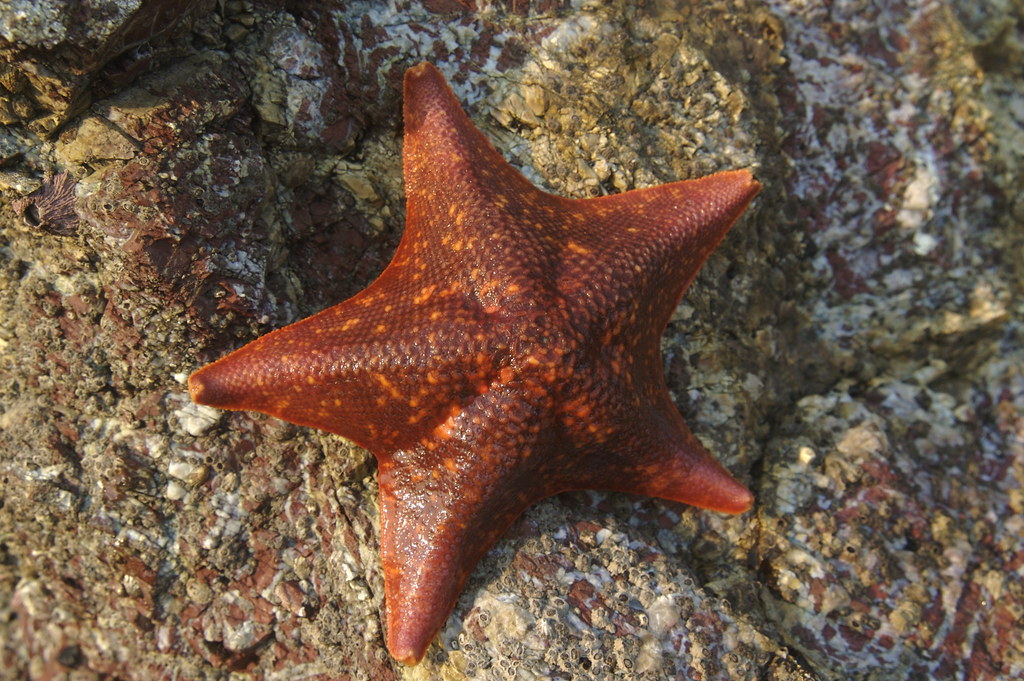
Algae: A Staple In Asterina Starfish Diet
Algae is a staple in the diet of Asterina starfish, playing a crucial role in their nutrition. These starfish consume various types of algae to meet their dietary needs. The importance of algae cannot be overstated as it provides essential nutrients for the health and growth of Asterina starfish.
Commonly consumed types of algae include coralline algae, cyanobacteria, and diatoms. The consumption of algae has a significant impact on the overall well-being of these starfish, contributing to their vitality and development. It is important to note that Asterina starfish can rapidly multiply and become a nuisance if left unchecked.
Therefore, it is crucial to maintain a balanced environment and control the population of these starfish accordingly.
Other Surprising Food Sources For Asterina Starfish
Asterina starfish are surprisingly adaptable when it comes to their food choices. They don’t just stick to the usual prey items found in their environment. In fact, they have been observed consuming a variety of unusual food sources. This diverse diet plays a crucial role in their survival and reproduction.
By consuming different types of food, Asterina starfish are able to meet their nutritional needs and maintain a healthy population. Their ability to eat a wide range of food sources showcases their remarkable adaptability and resilience. This adaptability not only allows them to thrive in various environments but also ensures their continued presence in the ecosystem.
Overall, the surprising food choices of Asterina starfish contribute significantly to their overall success and survival as a species.
Controversial Relationship With Coral And Zoas
There has been a long-standing debate regarding the relationship between Asterina starfish and coral/zoas. While some argue that Asterina starfish do eat coral and zoas, others believe that this is not the case. Extensive research and observations have been conducted to shed light on this controversial topic.
Strategies have also been developed to prevent Asterina starfish from damaging coral and zoas in saltwater tanks. It is important to note that Asterina starfish can multiply rapidly and become a nuisance if not properly managed. Though some people may have a positive experience with Asterina starfish, they have been known to attack coralline algae, polyps, and corals, causing irritation and potential damage.
Hence, it is advisable to be cautious and take appropriate measures to maintain a healthy and balanced marine ecosystem.
Managing Asterina Starfish Population
Managing Asterina starfish population presents several challenges for aquarium owners. One of the main obstacles is finding suitable natural predators for these starfish. The Harlequin Shrimp, in particular, is a specialist starfish predator and can effectively control Asterina populations. Adding a pair of Harlequin shrimp to a tank is recommended, but even a single shrimp can do the job admirably.
Additionally, it is crucial to implement appropriate management strategies to maintain a healthy balance in aquariums. This includes monitoring the population levels, maintaining proper water conditions, and removing excess food and debris to prevent overgrowth. By taking these steps, aquarium owners can effectively manage and control Asterina starfish populations, ensuring a harmonious and thriving tank environment.
Conclusion
Asterina starfish are small, hardy animals that are found in a variety of marine habitats. They are scavengers, feeding on a wide range of organic matter including algae, detritus, and tiny worms. However, they have been observed to consume coralline algae, polyps, and even coral in some cases.
This makes them a potential nuisance to reef tanks, as they can quickly multiply and cause harm to other organisms. Although some people may have positive experiences with Asterina starfish in their tanks, it is important to keep their population in check to prevent overconsumption of desirable organisms.
If you find yourself with an unwanted influx of Asterina starfish, there are several methods to control their population. One option is to introduce natural predators such as Harlequin shrimp, which feed specifically on Asterina starfish. Another approach is manual removal with the use of a dip or carefully picking them off the rocks.
However, caution should be exercised to ensure that you are not damaging or removing beneficial organisms in the process. While Asterina starfish can serve as beneficial scavengers, they have the potential to become a nuisance in a reef tank. Careful monitoring and management of their population is important to prevent them from overconsuming desirable organisms.
Frequently Asked Questions On What Do Asterina Starfish Eat
What Kills Asterina Starfish?
The Harlequin Shrimp is a specialist starfish predator and can effectively eliminate Asterina starfish. Adding a pair of Harlequin shrimp to a tank is typically recommended, but even a single shrimp can do the job well.
How Do You Take Care Of An Asterina Starfish?
To take care of an Asterina starfish: provide a saltwater tank, feed them algae, maintain proper water conditions.
Are Asterina Stars Good Or Bad?
Asterina stars are generally considered bad because they multiply quickly and can harm corals and algae.
Do Asterina Starfish Eat Zoas?
Yes, some types of Asterina starfish do eat zoa polyps, although it is rare for most people to encounter these types.
What Do Asterina Starfish Eat In A Saltwater Tank?
Asterina starfish primarily eat algae from the glass and rocks in a saltwater tank. However, they may also munch on coral.
Are Asterina Starfish Good Or Bad For Your Aquarium?
While some people may consider Asterina starfish to be helpful in cleaning algae, they can become a nuisance. They may start attacking coralline algae, polyps, and corals.
How Do I Take Care Of An Asterina Starfish?
To take care of an Asterina starfish, make sure to provide a saltwater tank with proper tank conditions, such as an oolitic aragonite substrate. Also, ensure that they have a diet consisting of algae, coralline algae, detritus, tiny worms, and diatoms.
References
| Organization Name | Internet Link |
| National Oceanic and Atmospheric Administration | https://www.noaa.gov/ |
| World Wide Fund for Nature (WWF) | https://www.worldwildlife.org/ |
| The Ocean Foundation | https://oceanfdn.org/ |
| International Coral Reef Initiative (ICRI) | https://www.icriforum.org/ |
| Coral Reef Alliance | https://coral.org/ |
| Marine Conservation Institute | https://marine-conservation.org/ |
| International Union for Conservation of Nature (IUCN) | https://www.iucn.org/ |
| Reef Check Foundation | https://www.reefcheck.org/ |
| The Nature Conservancy | https://www.nature.org/ |
| International Coral Reef Society (ICRS) | https://coralreefs.org/ |
I am a passionate aquarist with over 30 years of hands-on experience in fishkeeping. My journey began at a young age, collecting fish from the wild and learning through experimentation. Specializing in tropical fish, I bring a deep understanding of the hobby to FishKeepingMadeSimple. The site provides honest, detailed reviews of essential products and accessories to help fellow enthusiasts create the best environments for their fish.

